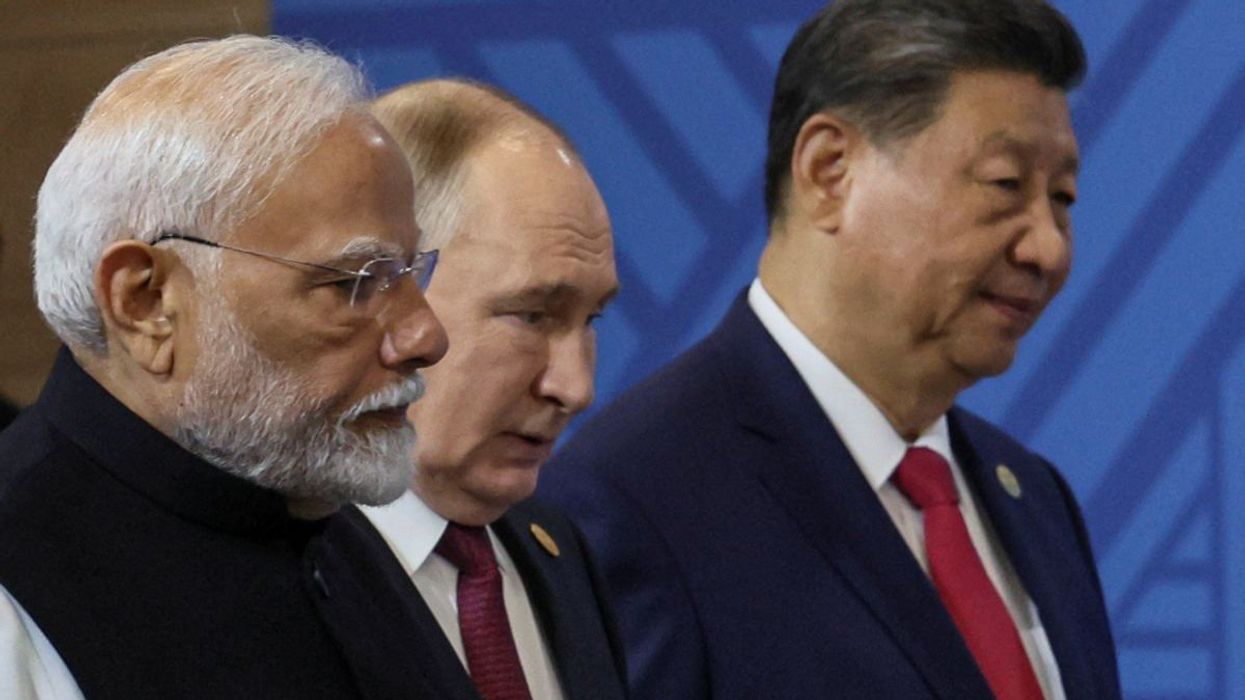India Pakistan War: Tensions Rise Amid Water Dispute
The India-Pakistan war has highlighted the need for a shared understanding of the conflict's trajectory, and the importance of building trust and cooperation between the two nations. The US has played a key role in facilitating a ceasefire, and its continued engagement will be crucial in preventing further escalation of the conflict.

India and Pakistan's fragile ceasefire is under threat as tensions escalate over the Indus Waters Treaty, with India suspending the agreement and Pakistan accusing its neighbor of backing terrorist groups in the region.
The conflict between the two nuclear-armed nations began on April 22, 2025, with a terrorist attack in Pahalgam, Kashmir, that killed 26 tourists, and escalated into a four-day war. The US played a crucial role in facilitating a ceasefire, but the rhetoric from both sides suggests that the fighting could recommence. India's Prime Minister Narendra Modi has warned Pakistanis to "eat bread peacefully, or else my bullet is there", while Pakistan's Prime Minister Shehbaz Sharif has accused India of boosting terrorist groups in the area.
The India-Pakistan crisis has seen significant diplomatic engagement, with the US playing a key role in crisis management. The conflict has also highlighted the importance of crisis diplomacy and the role of third-party actors in managing conflicts. However, the crisis has been marked by significant misinformation and disinformation, with both sides making claims that could not be substantiated.
The suspension of the Indus Waters Treaty has significant implications for Pakistan, which relies on the river basin to water 90% of its crops. India's decision to suspend the treaty has been seen as a major escalation of the conflict, and Pakistan is seeking to maintain access to the river basin. The US, which has previously sided with India, is now seen as a potential game-changer, with President Donald Trump striking a balance between the two countries.
As tensions continue to rise, the international community is watching with bated breath, hoping that the fragile ceasefire will hold and that a more sustained and coordinated approach to crisis management can be found. The conflict has significant implications for the India-Pakistan relationship and the broader regional security landscape, and a peaceful resolution is essential to preventing further bloodshed and instability in the region.